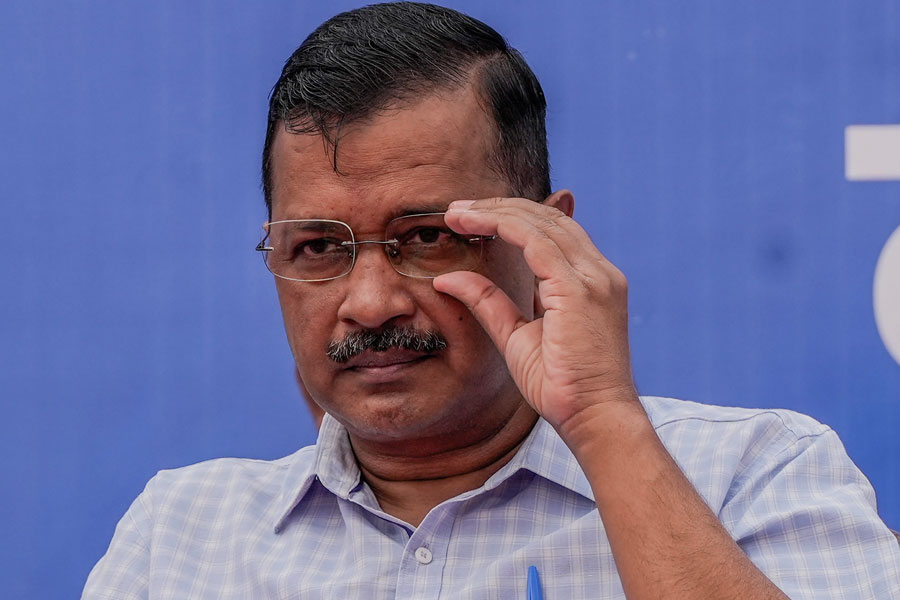
The Supreme Court delved into the legality of Delhi Chief Minister Arvind Kejriwal’s arrest, with his counsel arguing that the arrest was illegal under the Prevention of Money Laundering Act (PMLA). This development has sparked discussions about the threshold for arrests under PMLA and the wider jurisdiction of the Supreme Court in such matters.
Arvind Kejriwal’s counsel, senior advocate Abhishek Manu Singhvi, highlighted that Mr. Kejriwal’s arrest was made without proper questioning or recording of his statement, as required by the PMLA. Singhvi emphasized that the power to arrest does not equate to a necessity for arrest, stressing the need to establish guilt rather than mere suspicion, as per Section 45 of the PMLA.
Mr. Kejriwal has challenged his arrest in the Supreme Court and filed an application for interim release, arguing that since the arrest was illegal, his subsequent custody is also unlawful. His legal team opted for the Supreme Court due to its broader jurisdiction, as explained to the bench of Justices Sanjiv Khanna and Dipankar Datta.
The Enforcement Directorate’s arrest of Mr. Kejriwal on March 21, following the Delhi High Court’s refusal to grant him protection, has raised questions about the timing and necessity of the arrest. Mr. Kejriwal’s counsel argued that the denial of interim bail should not serve as grounds for arrest, especially without the required legal procedures.
Mr. Kejriwal has condemned his arrest as politically motivated, alleging that it was intended to benefit the ruling party during the ongoing general election. He has cited the case as an example of the Central government’s misuse of investigative agencies to target political opponents, further fueling the debate on the independence and fairness of legal proceedings.
In response to Mr. Kejriwal’s claims, the Enforcement Directorate has argued that his arrest was necessary due to his alleged non-cooperative attitude during the investigation. They stated that Mr. Kejriwal avoided interrogation despite being summoned multiple times, and his evasiveness during statements under PMLA raised concerns.
The Supreme Court’s scrutiny of Arvind Kejriwal’s arrest and the subsequent legal arguments highlight broader issues regarding arrest procedures under PMLA and the intersection of legal and political considerations in high-profile cases. The case continues to draw attention as it unfolds in the judicial realm.
Sources By Agencies




